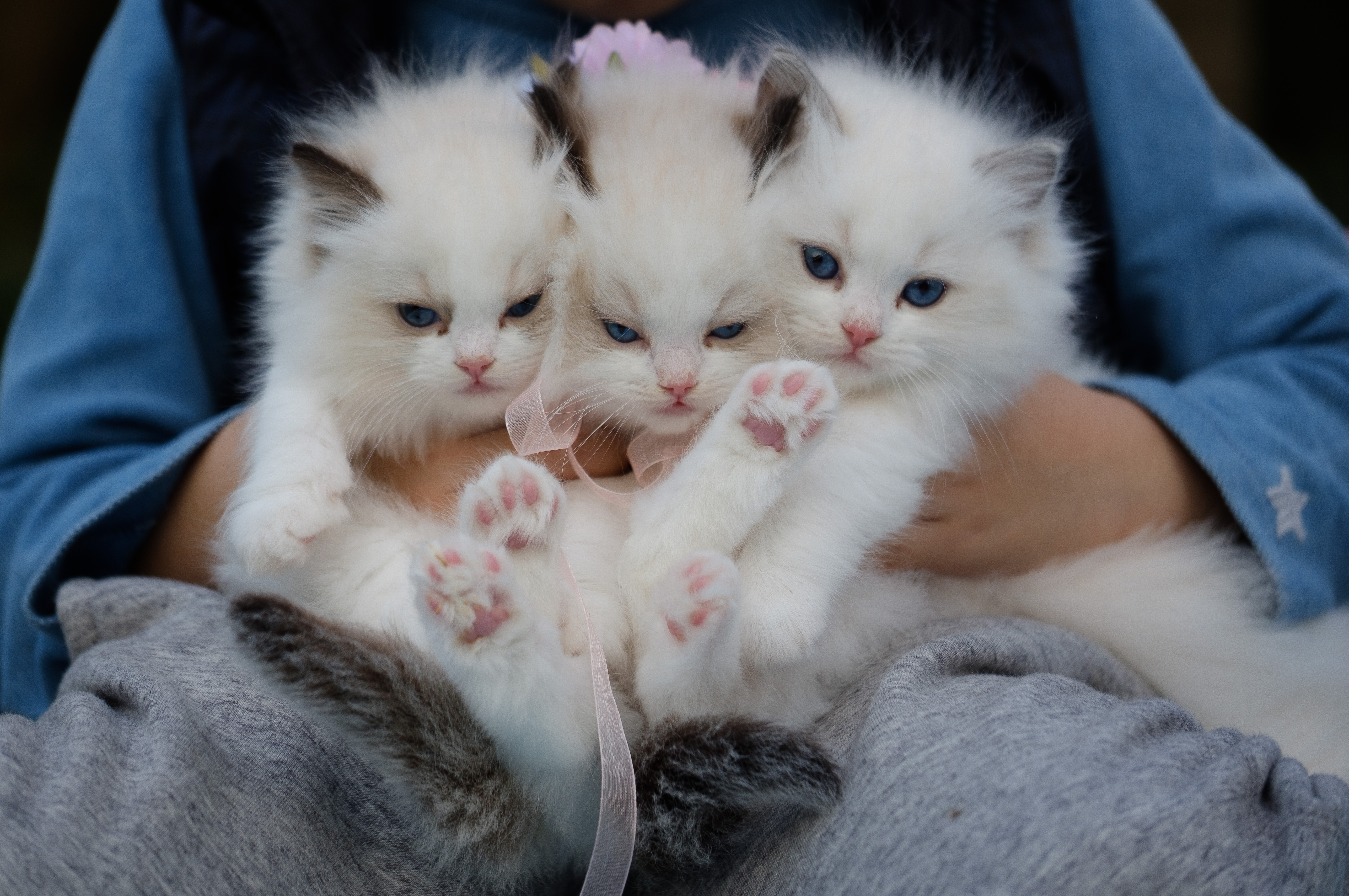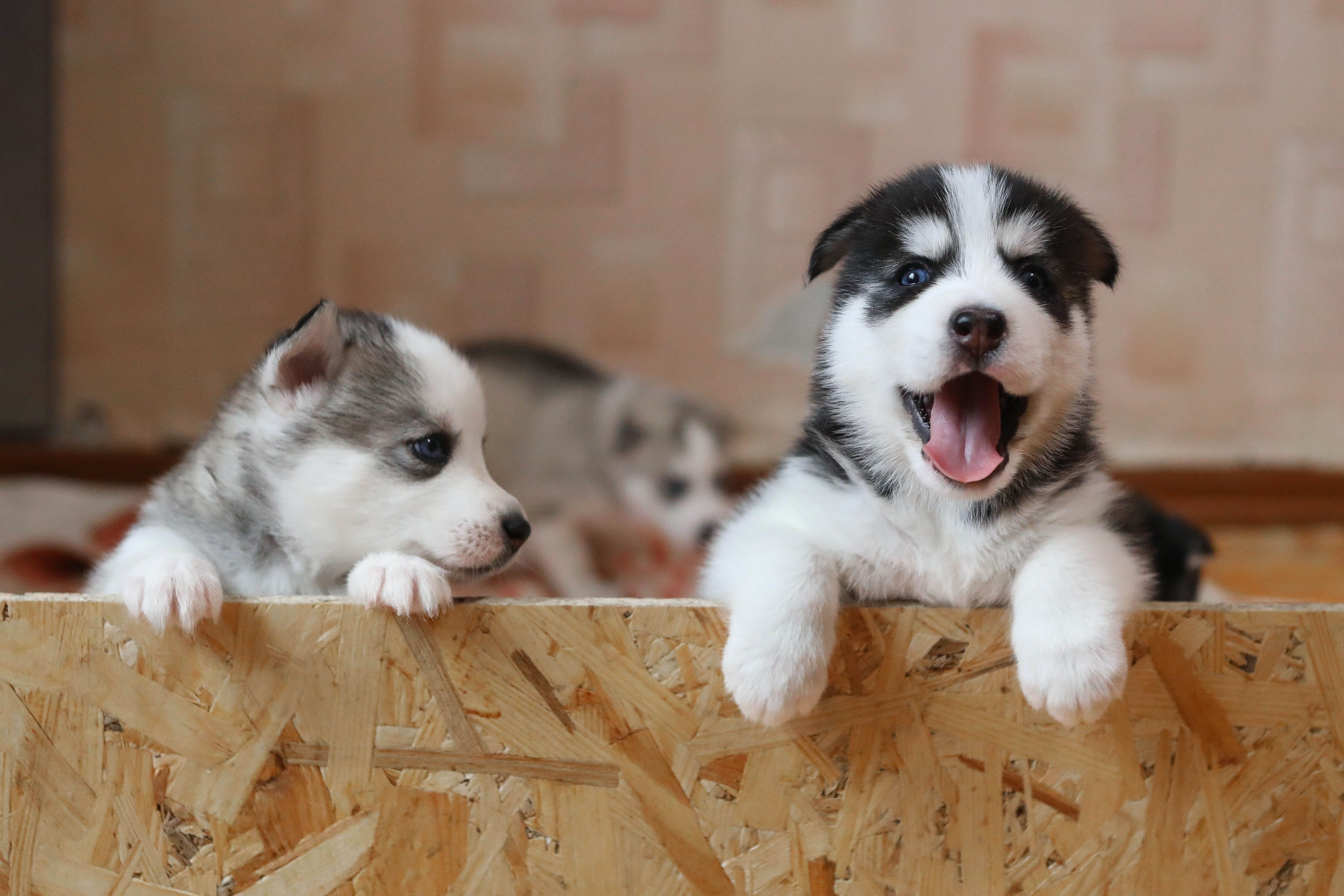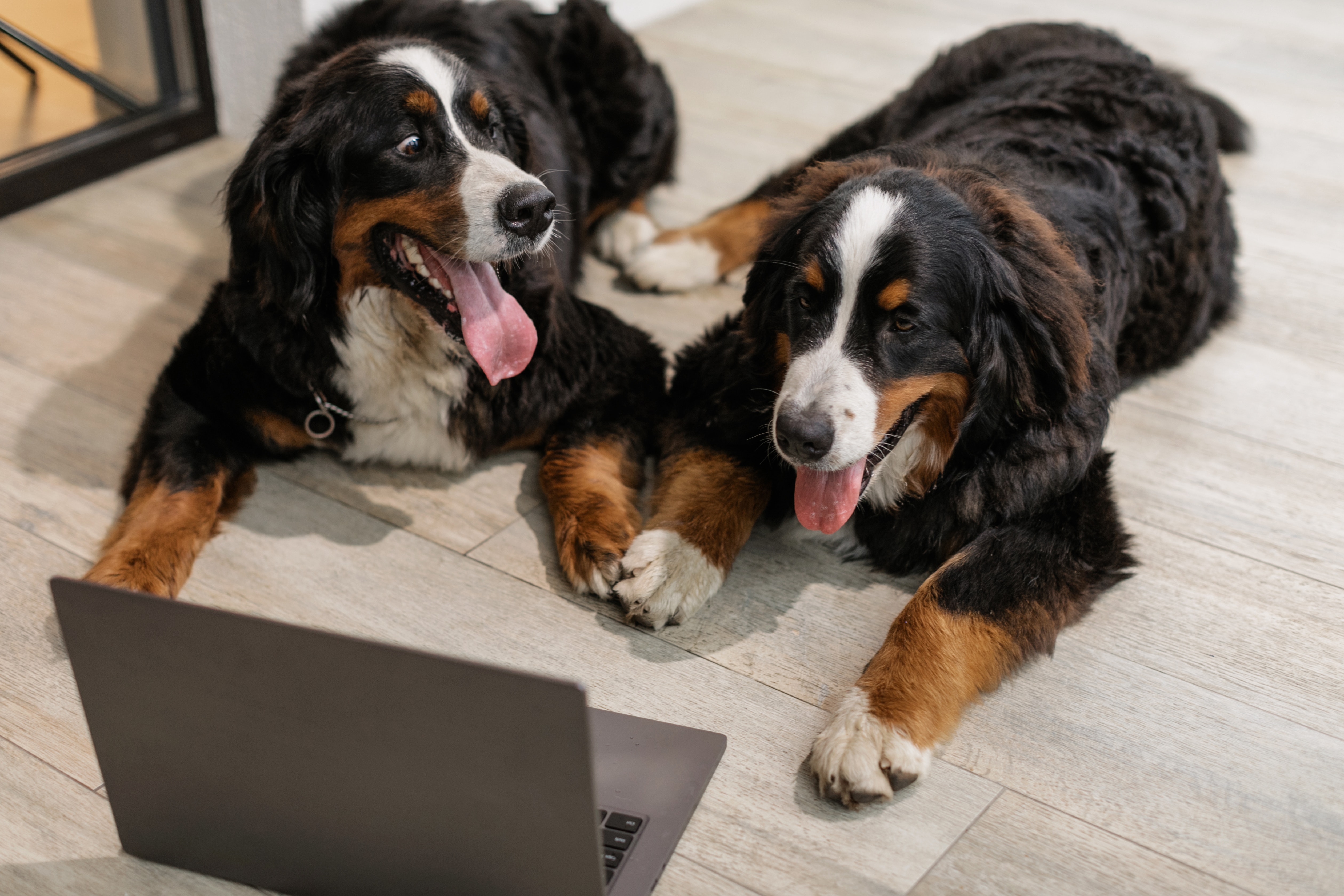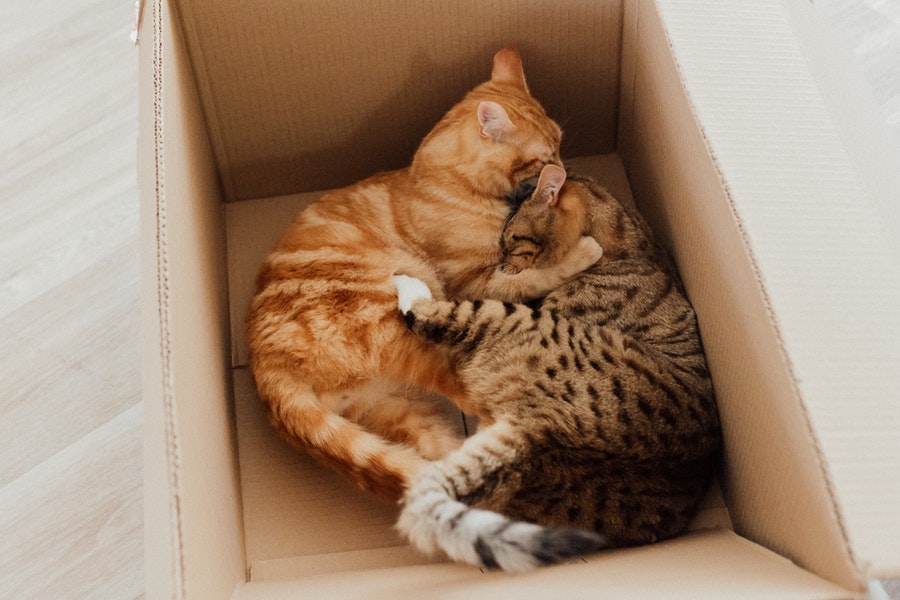A future of pet cloning is becoming more of a reality, despite the ongoing ethical controversy around it. People who can’t stomach the idea of losing a beloved pet that’s been a unique part of the family for years, now have the option to have their pooch or cat cloned, provided they can afford it.

Pet Cloning Is Being Championed By Celebs
Idols judge Simon Cowell and legendary songbird Barbra Streisand have both reportedly gone this route. Cowell cloned his three Yorkshire terriers, while Streisand revealed that she cloned two puppies from the genetic material of her dog, after it died. It’s a far cry from the early days of Dolly the Sheep, when the whole world was in awe at the pioneering technology. There are a number of specific cloning techniques, but typically a cell nucleus from your pet is injected into a donor egg that has had its genetic material removed. The egg is then prompted to grow into an embryo, in a laboratory. That embryo is subsequently implanted in the uterus, or womb, of a surrogate mother who goes on to give birth to the clone. It’s here that animal rights activists start having ethical problems, because of the trauma of the high failure rate, and data showing that in some cases, the clones have very short lifespans.

Pet Cloning Won’t Give You The Exact Same Pet
If successful, the clone is an identical genetic twin, separated by time, which can be years, or even decades, if you choose. But it’s only skin deep, because personality-wise, you’re not getting the same pet. In fact, some scientists say that more than 40% of a pet’s personality is circumstance, environment, experiences… in other words nurture. But that’s not stopping people from ensuring that they are at least getting the same temperament along with the exact same look.

Cloning Your Pet Is Not Cheap
Viagen is one of the leading companies doing this, and it’s president Blake Russell says despite the costs, pet cloning is increasing in popularity. Prices range from between $30 000 for a cat, $50 000 for a dog and $85 000 for a horse. For some people, that is worth keeping their beloved fur baby around for a bit longer. And some are not even doing it immediately, because thanks to the use of very low frozen temperatures, or cryo-preservation, genetic material can be stored almost indefinitely before the cloning process takes place. So in theory, you could clone you favourite pet many years later, although I can’t see why anyone would want to do that.


